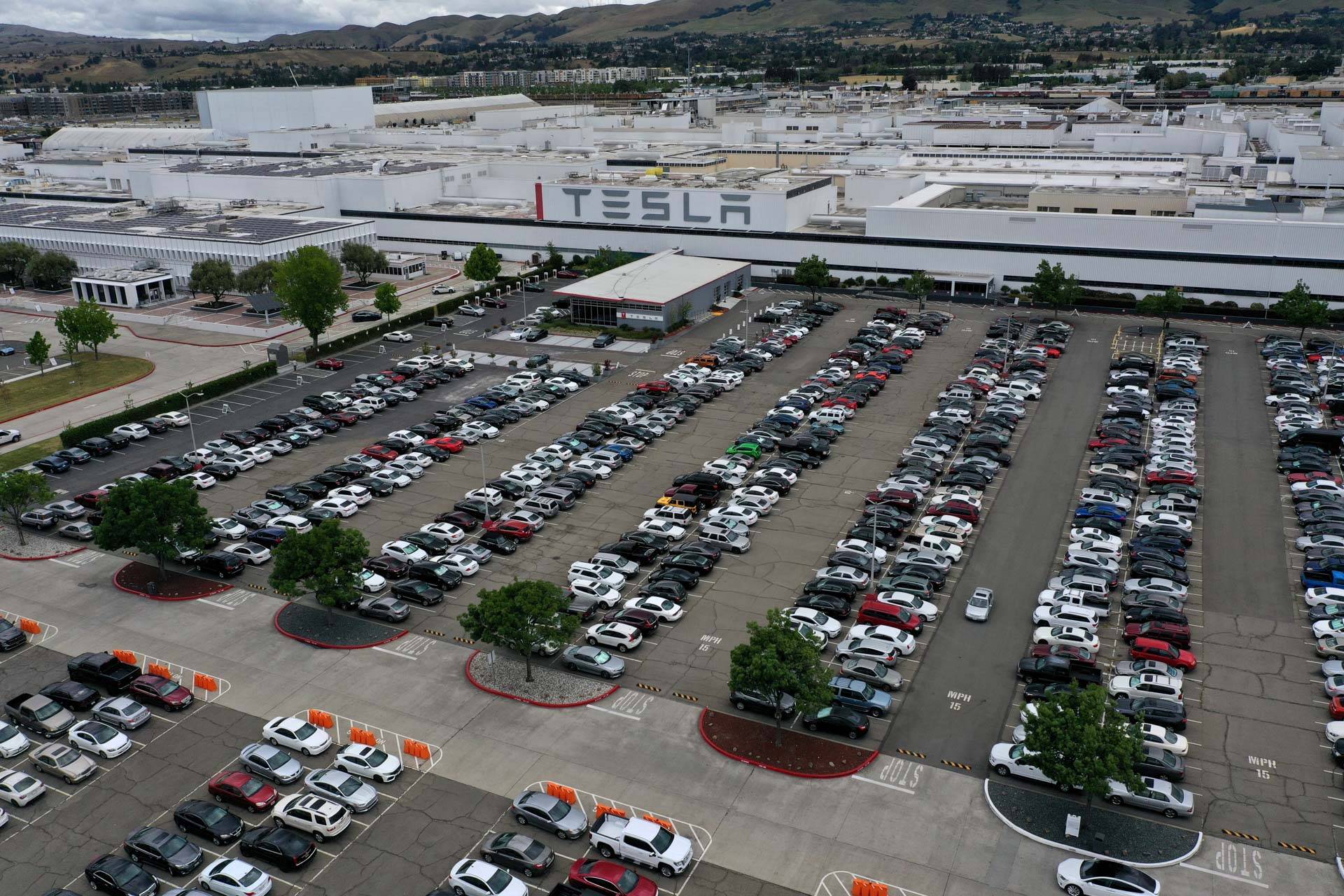Wunderman said the Bay Area counties had been “heroes — they save maybe hundreds or thousands of lives” by imposing shelter-at-home orders when they did.
“Let’s not kid around about that — they did a great job,” he said. “But now they have to do the great job of getting folks back to work.”
But Robert Reich, former secretary of labor and a professor of public policy at UC Berkeley, says the way Tesla went about its reopening sets a terrible precedent.
“It puts every business owner in an awkward and difficult position, because if you have enough wealth and power, you have political clout and you can defy orders and you can get what you want,” Reich said. “But most people who are in business can’t do that and should not do that. They understand that they have to obey the law, that they have certain social responsibilities.”
Reich said Musk failed in those responsibilities by reopening the plant before health authorities had signed off on the company’s safety measures. He was especially critical of Musk for putting employees who have exhausted their paid time off in the position of having to report to work amid the pandemic or not get paid.
“That is the worst and most inhumane choice you can impose,” Reich said.
Reich said he believes Tesla and Musk should face some state sanction for defying the county health orders.
“Who is calling the shots here?” he asked. “Public health authorities and authorities who are there to protect people or a very wealthy billionaire businessman who is there basically to maximize shareholder value and his own wealth?”
Ann Skeet, senior director of leadership ethics at Santa Clara University’s Markkula Center for Applied Ethics, said last week that Musk’s behavior followed a familiar arc.
“Silicon Valley leaders unfortunately have a reputation for disregard for laws and regulations, and they tend to wear it as a badge of honor,” Skeet said. “It’s not necessarily productive, and it’s certainly not considerate of the rest of the community and the broader society they’re operating in.”
Skeet said there were other aspects of Musk’s confrontation with county authorities that “were not a good look.”
“Another overlay that’s really unfortunate is a highly qualified female authority being challenged by a male tech CEO in a community, Silicon Valley, that already has not a great reputation for gender relationships,” she said.
Skeet said she believes that companies’ behavior will have lasting effects.
“People are going to have long memories on how leaders have responded in this moment,” she said. “And leaders who have put the health and well-being of their workers and customers front and center are going to bounce back more quickly, I think, than those that haven’t.”

